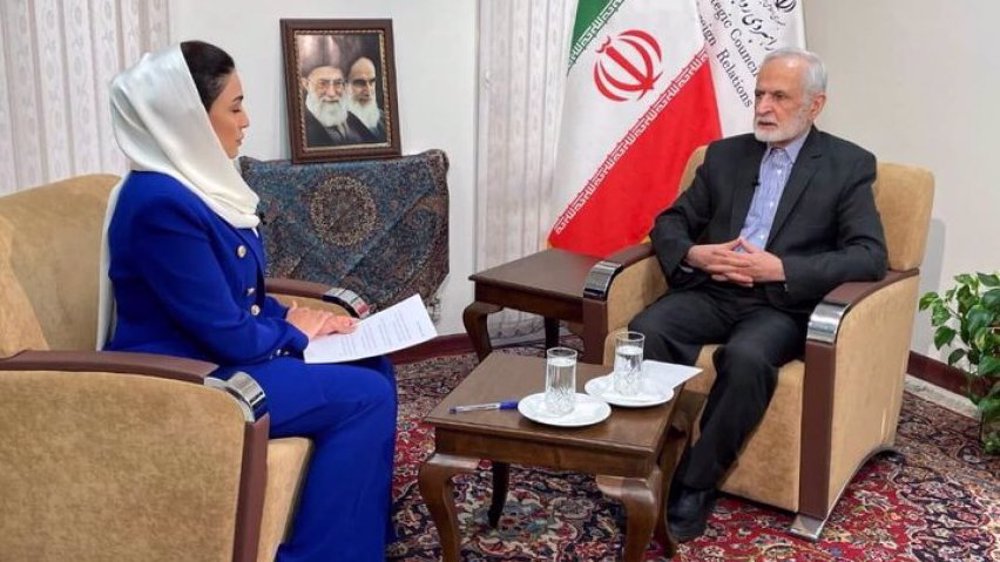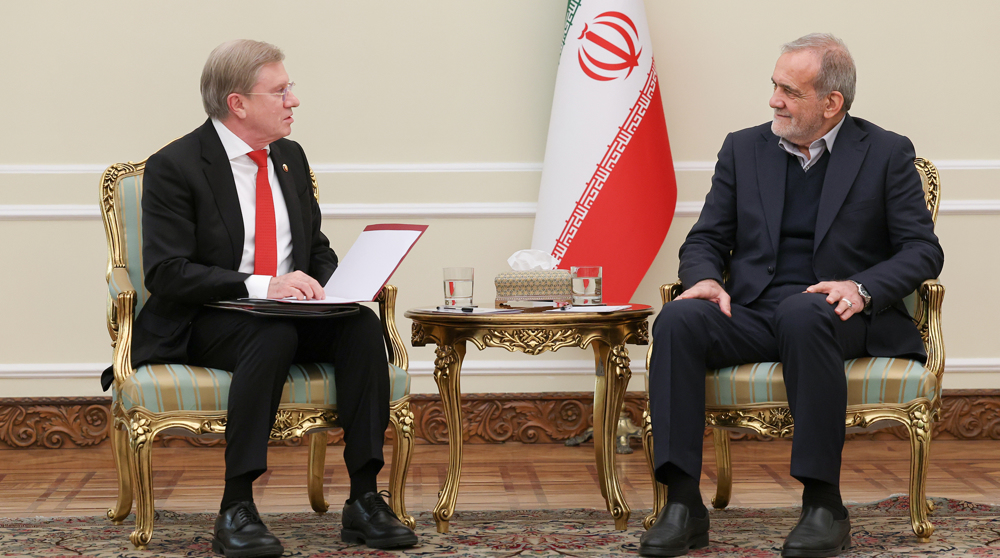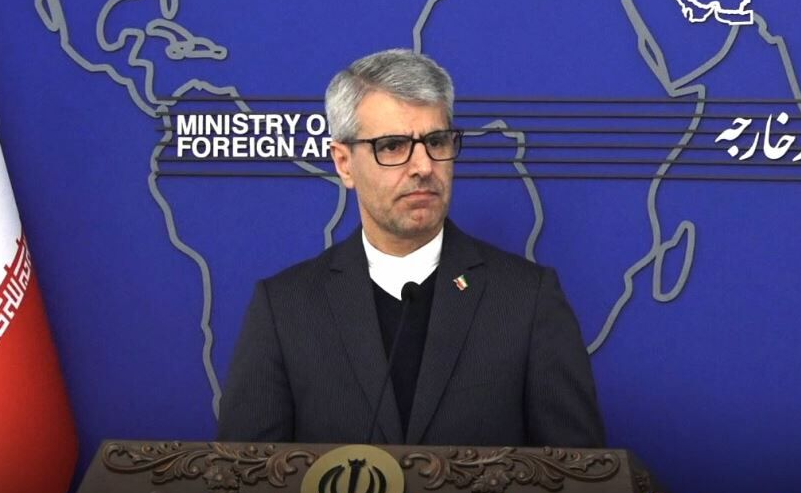Iran urges swift end to Saudi aggression against Yemen
On the second anniversary of Saudi Arabia’s brutal military aggression against Yemen, the Iranian Foreign Ministry says war and bloodshed must immediately end in the impoverished country.
“The power vacuum created as a result of war and military conflict in Yemen has prepared a suitable ground for the spread of the dangerous phenomenon of terrorism and the increase in the activities of terrorist groups in different parts of the country,” the ministry said in a statement on Sunday.
“This issue poses a threat to peace, stability and security in the region and at international level,” it added.
As confirmed by international figures and organizations, two years of a fruitless and destructive war against Yemen have claimed the lives of thousands of civilians, including women and children, and left more than 18 million people in need of humanitarian aid and some eight million Yemenis on the brink of malnutrition, starvation and famine, the Iranian Foreign Ministry noted.
It added that the deliberate destruction of infrastructure in the impoverished country of Yemen and the constant bombardment of its medical and educational centers are among other outcomes of this brutal war.
“Undoubtedly, continuation of this situation will not only fail to benefit any country in the region, but also create regional instability and insecurity,” the statement emphasized.
It stressed the importance of implementing a proposed peace plan put forward by Iranian Foreign Minister Mohammad Javad Zarif in 2015 to help end the ongoing conflict gripping Yemen.
The statement called on the international community to step up its efforts and measures to relieve the suffering of the Yemeni people, particularly children and women.
During his visit to the Spanish capital, Madrid, in April 2015, Zarif proposed a four-point plan, emphasizing the Yemeni nation’s right to decide its own future free from foreign interference.
The proposal included enforcing a ceasefire and halting conflict and bloodshed, sending humanitarian aid to people affected by violence, launching intra-Yemeni dialog, and establishing a broad-based government through participation of all Yemeni factions.

On March 26, 2015, Saudi Arabia began launching airstrikes on different areas across Yemen, its southern neighbor, in an attempt to reinstall the former Yemeni government, which was a close ally of Riyadh.
The campaign, which also involves ground operations and a naval blockade, has so far left over 12,000 civilians dead, pushing the Arab world’s poorest country to the verge of famine.
Indiscriminate Saudi bombardments have taken a heavy toll on Yemeni infrastructure, including schools and hospitals, with prominent rights groups censuring Riyadh’s military for the use of internationally-banned weapons against Yemeni civilians.
As the war enters its third year, Saudi Arabia has failed to achieve its declared goals of war and seems without an exit strategy.
VIDEO | Yemeni forces repel US-British attack, down F-18 Jet
Iran’s capabilities vast; enemy’s ‘maximum pressure’ policies all failed miserably: Senior official
Iran’s economy grew 2.7% y/y in Sep quarter: CBI
VIDEO | Freelancers in Gaza strive to stay online amid genocide
Mikati demands Israel's withdrawal from south Lebanon
Yemeni army strikes Israeli military sites with drones
‘Clock ticking’: UNRWA slams unjustifiable killing of children in Gaza
BP to be sued in Britain for supplying oil to Israel










 This makes it easy to access the Press TV website
This makes it easy to access the Press TV website